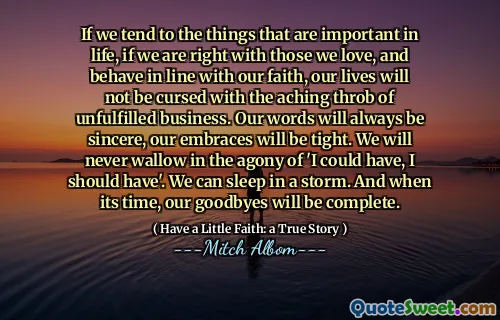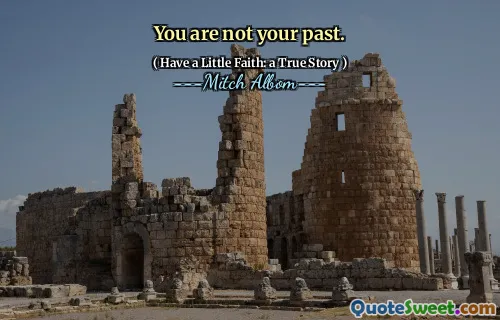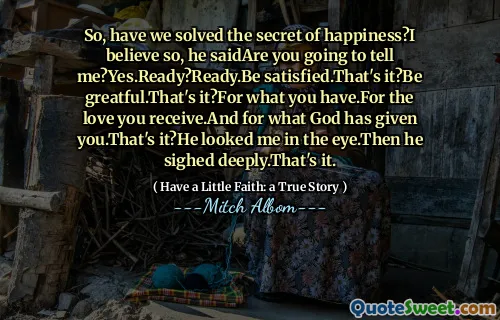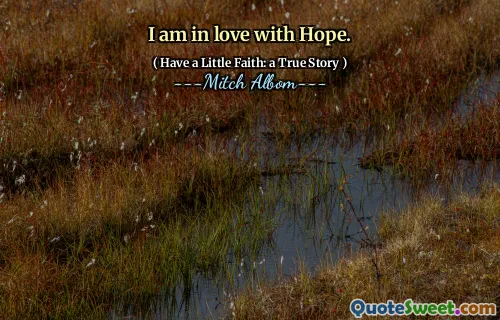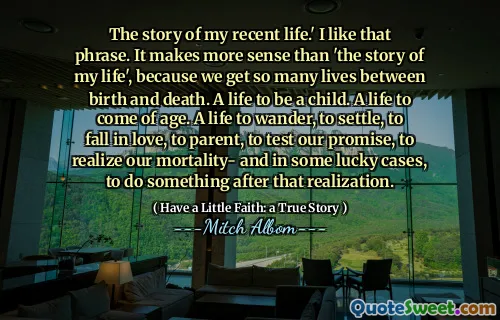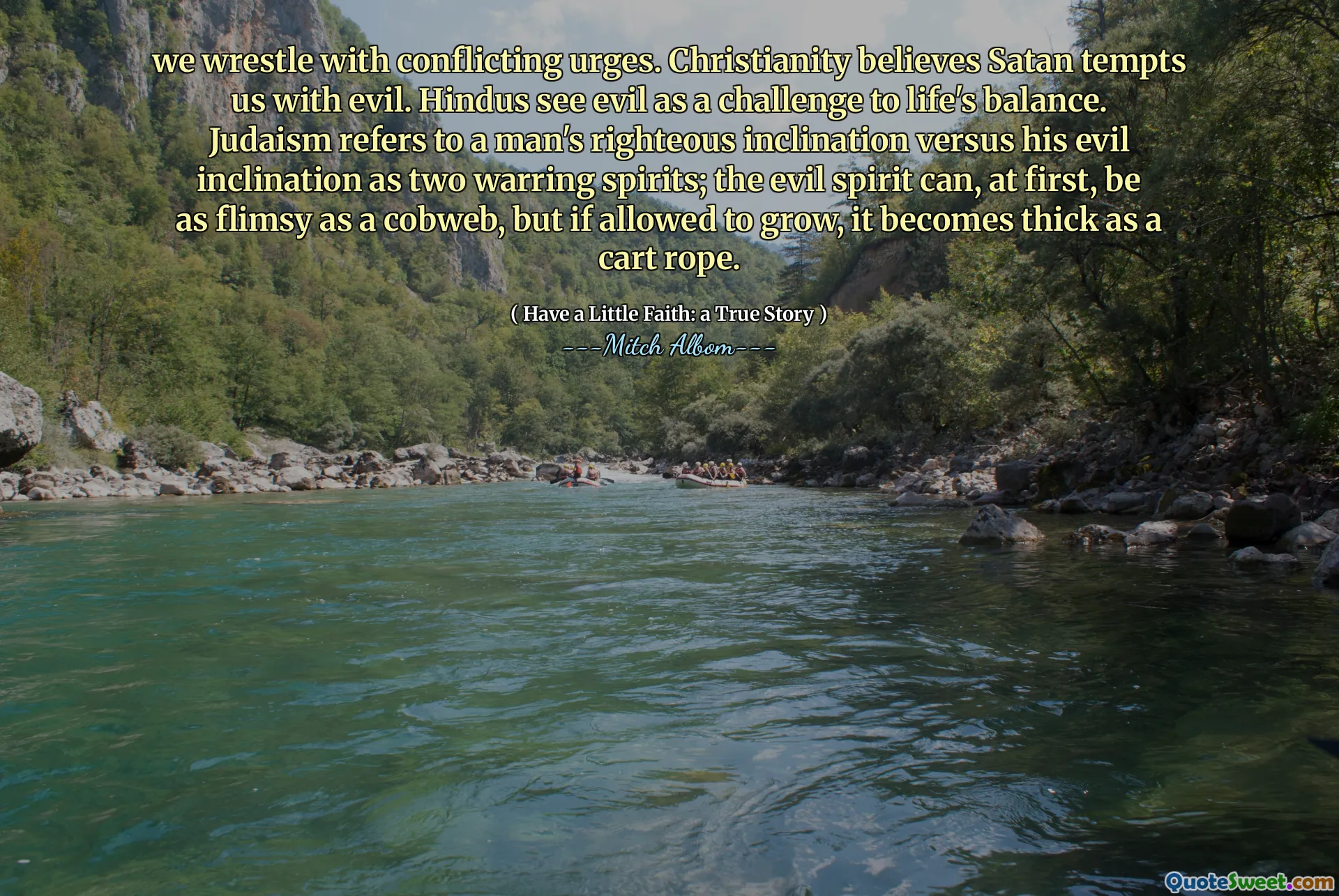
we wrestle with conflicting urges. Christianity believes Satan tempts us with evil. Hindus see evil as a challenge to life's balance. Judaism refers to a man's righteous inclination versus his evil inclination as two warring spirits; the evil spirit can, at first, be as flimsy as a cobweb, but if allowed to grow, it becomes thick as a cart rope.
In various religious traditions, there is a common theme that reflects on the internal struggle between good and evil. Christianity attributes this wrestling to the temptations of Satan, who entices individuals toward wrongdoing. In contrast, Hinduism views evil as a challenge that tests and maintains the balance of life. This perspective encourages believers to confront and navigate such challenges as part of their spiritual journey.
Judaism offers a unique insight through the concept of two opposing inclinations within an individual: the righteous and the evil. This idea emphasizes that the evil inclination can start off weak, like a mere cobweb, but if left unchecked, it can grow stronger, becoming a formidable force, similar to a thick rope. This dynamic illustrates the delicate balance each person must manage and highlights the importance of self-awareness in overcoming personal demons.
